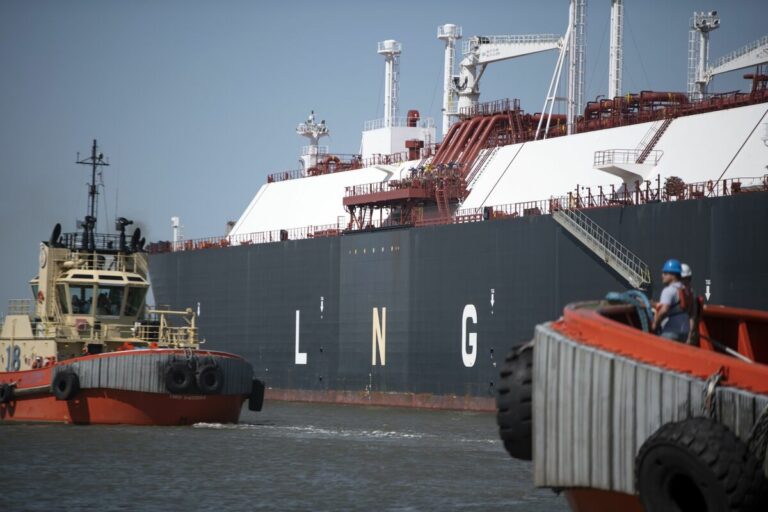Bottleneck in the Bakken continues
Reuters recently reported Bakken crude oil prices are set to weaken from already low levels in coming months, largely due to the expected frigid weather conditions this winter that will likely disrupt rail loadings and worsen bottlenecks as production continues to increase. The Bakken has reached record levels of production at 1.3 million bpd, “overwhelming pipelines and rail cars.” As Reuters writes:
The region’s pipeline capacity is just 1.25 million bpd, per market intelligence firm Genscape, forcing producers in North Dakota to rely on less efficient rail, which could face difficulties operating in the winter. In addition, nearby Canadian producers also grappling with bottlenecks are pushing more oil into the United States, worsening the constraints.
North Dakota’s crude production typically is not affected enough to lift prices the winter, but rail operations face severe challenges in the frigid weather, said John Zanner, crude analyst at RBN Energy.
“Winter weather makes crude-by-rail operations much more difficult. You have stuff freeze up, especially in North Dakota,” Zanner said.
Reuters highlights that Energy Transfer plans to expand the Dakota Access Pipeline’s capacity to as much as 570,000 bpd from its current 525,000 bpd. Although new projects have been announced to help alleviate the pipeline shortage in the region, it will take some time before these lines are constructed and brought into operation. Just last week, a federal judge halted construction on the Keystone XL crude oil pipeline from Canada.
With record levels of production, the US is at a critical point in which we must prioritize expanding our critical energy infrastructure network in order to efficiently fuel our current and future energy needs.

